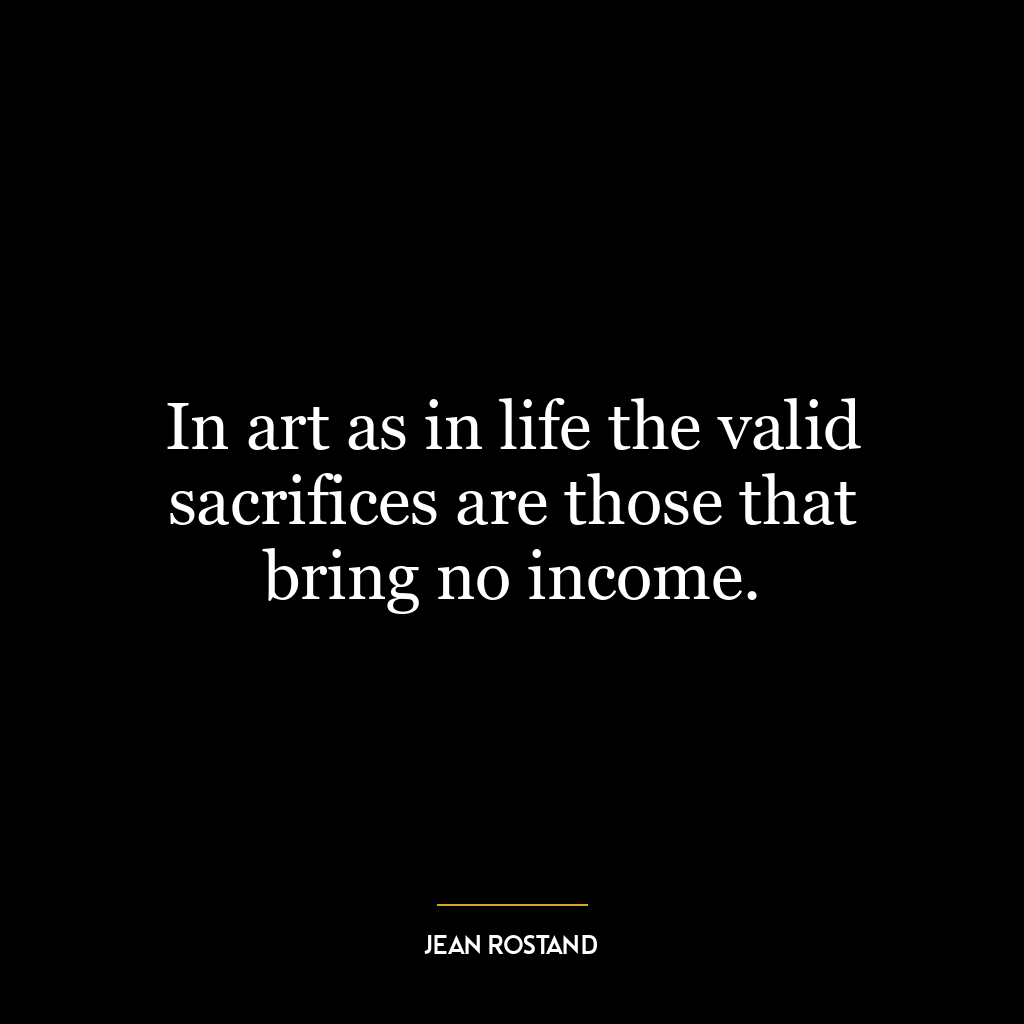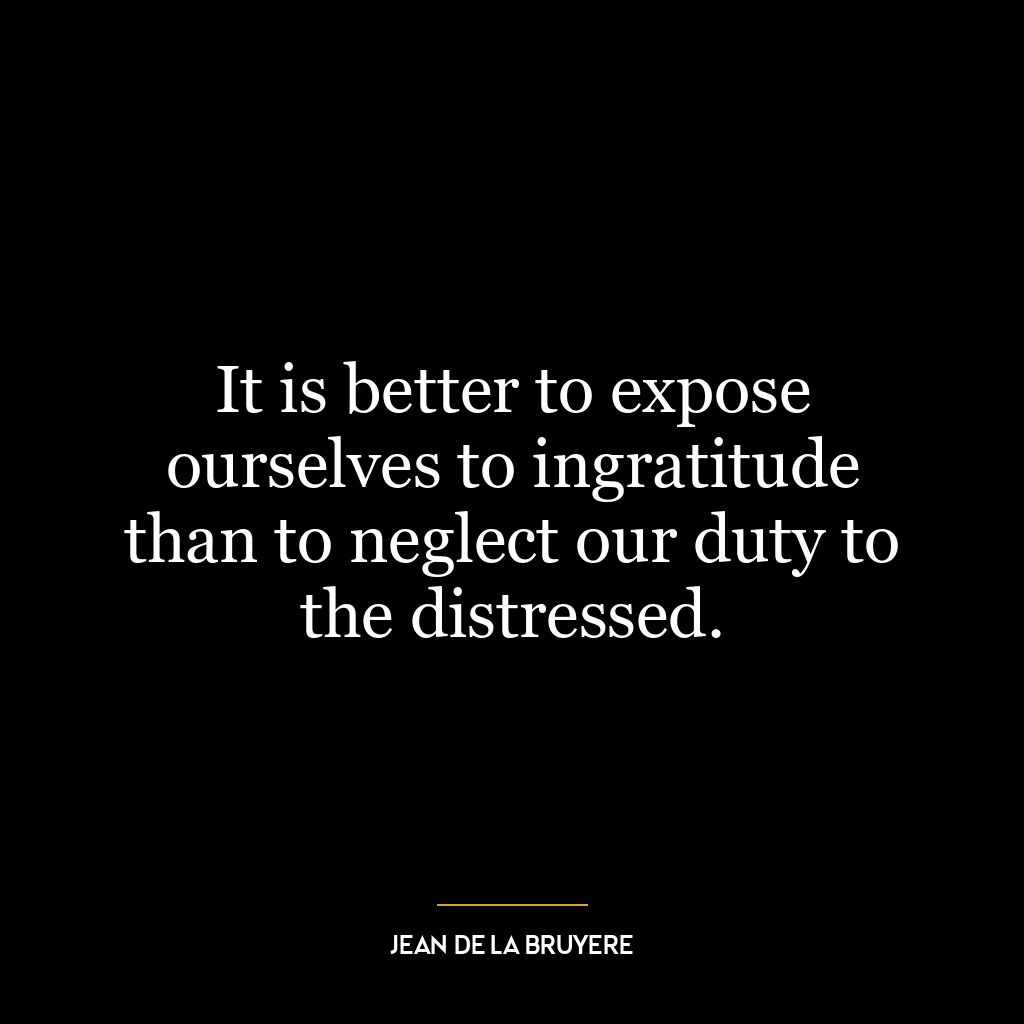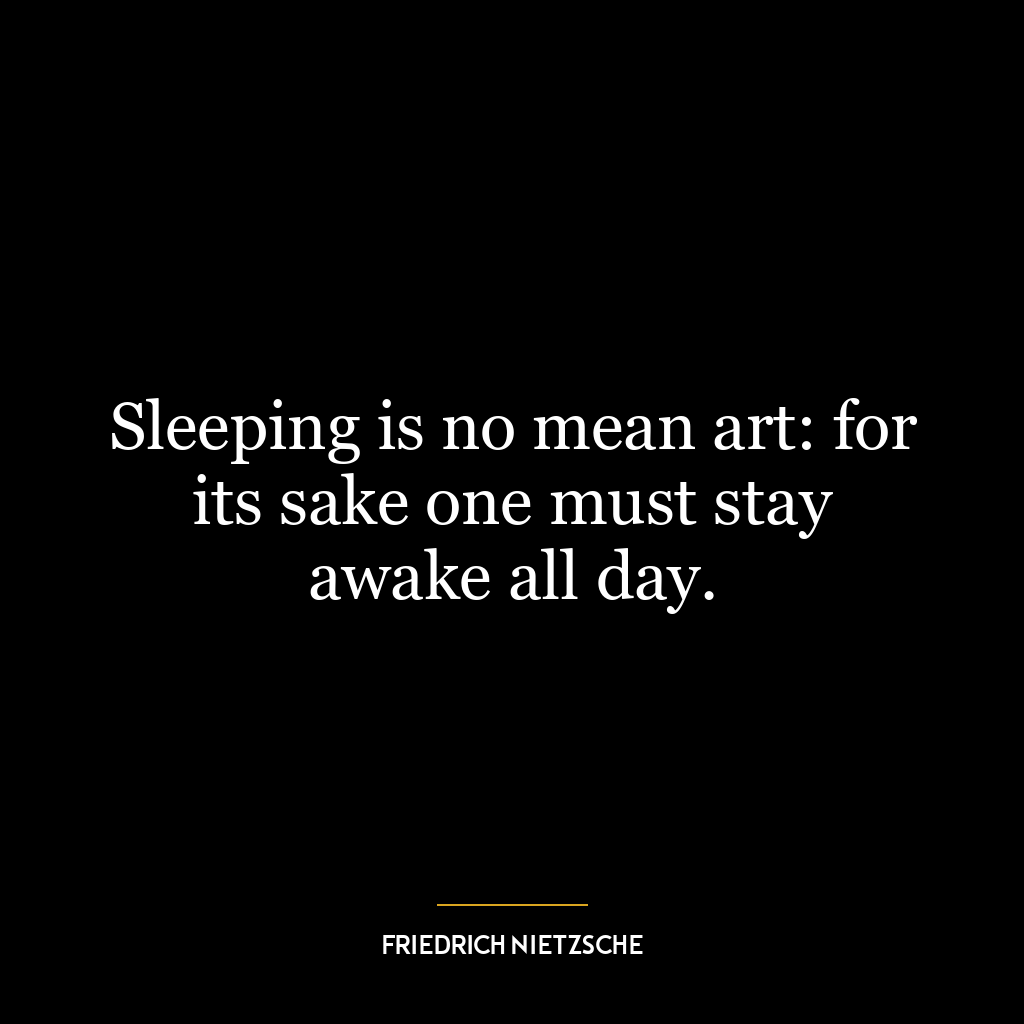Look to the cross, and hate your sin, for sin nailed your Well Beloved to the tree.
“Look to the cross, and hate your sin, for sin nailed your Well Beloved to the tree.” This quote is a powerful reflection on the Christian understanding of sin and redemption. It urges individuals to recognize their wrongdoings (sin) through contemplating on Jesus Christ’s crucifixion (the cross). The term ‘Well Beloved’ refers to Jesus Christ, who Christians believe willingly suffered and died on the cross as an act of divine love and sacrifice for humanity’s sins.
The suggestion to “hate your sin” signifies a call towards self-reflection and repentance. It encourages people not just merely acknowledge their faults but also develop a profound aversion towards them because these sins are what metaphorically nailed Jesus Christ, whom they dearly love, onto the cross. In essence, it’s about recognizing that our actions have consequences that go beyond ourselves.
In today’s world or in terms of personal development, this quote can be interpreted as an appeal for moral accountability. While we may not literally believe in religious concepts like ‘sin’ or ‘the crucifixion’, we can still understand this statement as advocating for introspection regarding our actions’ negative impacts on others and ourselves.
For instance, if you hurt someone with your words or actions (a modern-day equivalent of ‘sin’), you should feel remorseful (‘hate’) because it causes suffering (‘nailed…to the tree’) to those you care about (‘your Well Beloved’). This remorse then ideally leads us toward making amends where possible and working hard not repeat such behaviour in future – essentially striving for personal growth.
Moreover, it could also be seen as a call against complacency in wrongdoing. Often times society normalizes certain harmful behaviors under social pressures or trends; however this quote reminds us that just because something is common doesn’t make it right – we should always question our actions against our own moral compass rather than blindly following societal norms.
the quote is a powerful reminder of the importance of self-reflection, accountability, and growth in our personal and collective lives.








